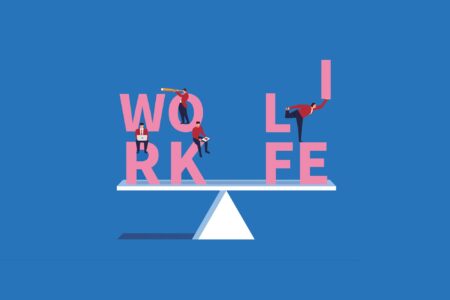Jorge Ramos, 66, one of the most prominent journalists in Spanish-language television, announced at the end of his show, “Noticiero Univision,” Monday night that he is leaving Univision after 40 years.
Known for his challenging interviews with global leaders, Ramos’s decision not to renew his contract was “mutually agreed” upon with TelevisaUnivision, the network’s operator, per a company press release.
Jorge Ramos (Heidi Gutman/Disney via Getty Images)
Ramos said he will continue his role through the upcoming U.S. presidential election and depart from Univision at the end of 2024.
“This is not a farewell. I will continue anchoring ‘Noticiero Univision’ until December, and afterward, I will share my professional plan,” Ramos said in the release.
Related: Is Workplace Trust Dead? A ‘Big Four’ Firm Will Soon Use Location Data to Track Employees
Though he did not announce what will be next, he assured viewers and fans that his time in journalism is not over.
“There is much to do in journalism, and that truly fills me with enthusiasm,” he said. “This is not an immediate goodbye. We’ll be back here tomorrow with the news.”
In a statement from the network, Univision News President Daniel Coronell said, “I want to express my respect and gratitude for Jorge Ramos and all he has done for Univision and the growing community we serve each and every day. As we look to 2025 and beyond, our talented team is well equipped to continue the tradition of journalistic excellence that has defined Noticiero Univision since the beginning.”
Are long-term employees good for the workforce?
Although it seems everyone is job hopping these days, a study recently published in the journal, “Work, Aging, and Retirement,” found that employees like Ramos with long tenures contribute positively to financial performance and help with mentoring to bring “age diversity” to a business.
The study’s authors wrote for Harvard Business Review that while age had no impact on business performance, tenure had a “significant positive and sometimes very sizeable impact on financial performance and operational excellence.”
The study also found that companies that offer “traditional forms of employment” — or businesses with long-term employees — have an advantage over organizations that use more gig workers and freelancers. “These organizations miss out on the business value that tenure and longevity with an employer bring,” the authors concluded.
Read the full article here











